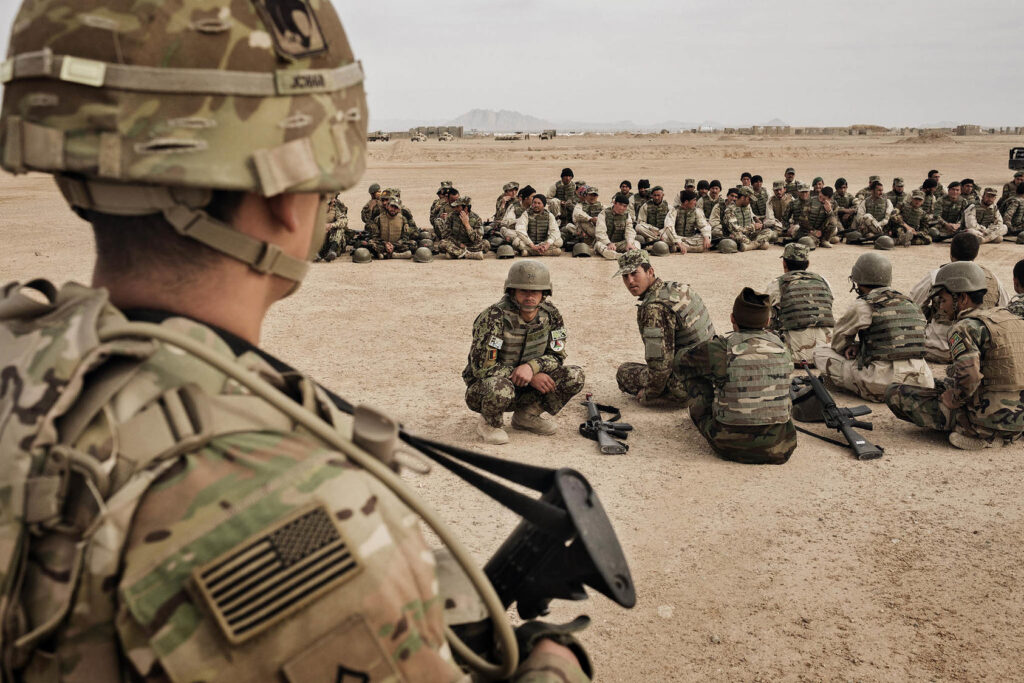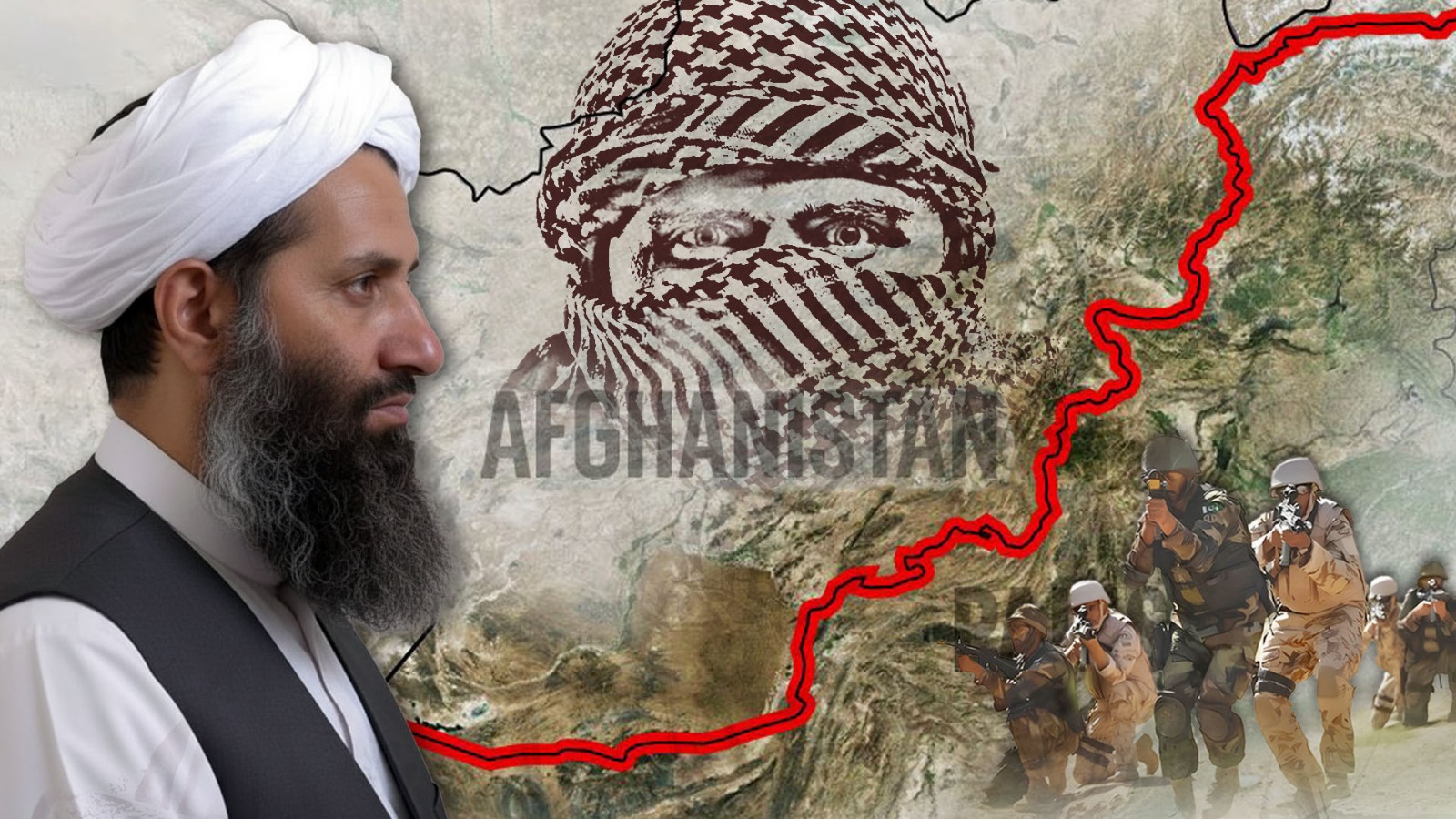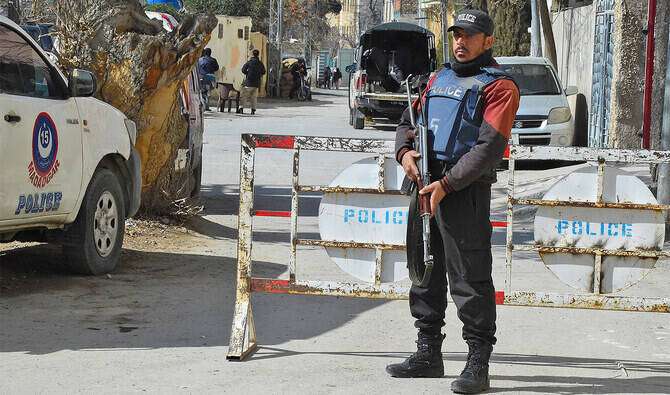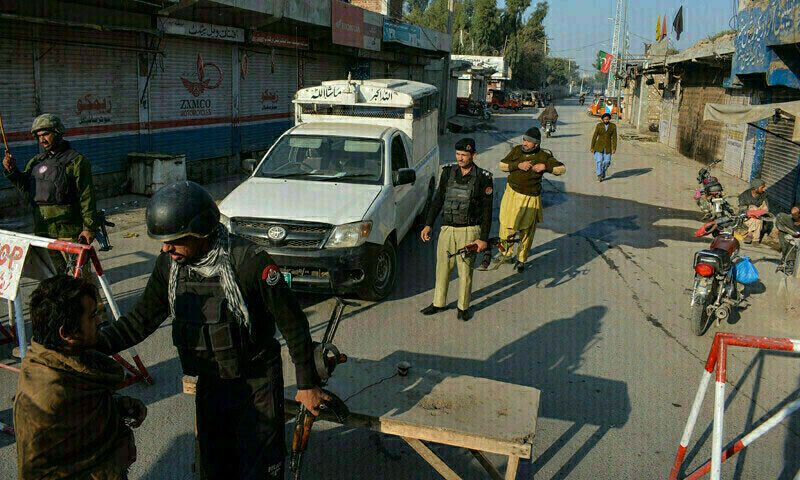The war in Afghanistan, launched by the United States and its allies in 2001 after the September 11 terrorist attacks, officially ended in August 2021, marking the end of America’s longest-ever conflict.
The war began after the Taliban government refused to hand over al-Qaeda leader Osama bin Laden, the mastermind behind the 9/11 attacks. In response, U.S. and British forces launched Operation Enduring Freedom on October 7, 2001, aiming to dismantle al-Qaeda and remove the Taliban from power.
By the end of 2001, the Taliban regime had fallen, and an interim government led by Hamid Karzai was established under United Nations supervision. However, the Taliban regrouped and began a long insurgency against U.S. and NATO forces, which lasted for the next two decades.
Several factors prolonged the war — including corruption in the Afghan government, the Taliban’s ability to find sanctuary in Pakistan, and the difficulty of securing Afghanistan’s rural provinces. Despite billions of dollars in aid and a large foreign military presence, the U.S.-backed Afghan government struggled to maintain control.
In 2020, the United States signed a peace deal with the Taliban, agreeing to withdraw all troops. As foreign forces pulled out in 2021, the Taliban launched a sweeping offensive and captured Kabul on August 15, 2021, leading to the collapse of the Afghan government.
U.S. President Donald Trump, speaking in 2025, reflected on the withdrawal, calling it “a shameful day in American history.” He added, “The war in Afghanistan should have ended, not the American mission.”
Political analyst Salim Pekar told Khabar Kada that “the U.S. failed to achieve its goals in Afghanistan, and like the Russians, it was defeated and left.” In an exclusive interview with Khabarkadah, Pekar further said that America was defeated in Afghanistan. “This war was a war that only took Afghan lives,” he explained. “It was a war that destroyed the security and lives of the people. America did not come with the intention of coming and went back.”
The 20-year war left more than 240,000 people dead and cost the United States over $2 trillion. Two decades after being overthrown, the Taliban returned to power, re-establishing the Islamic Emirate of Afghanistan.
Today, Afghanistan faces a deep humanitarian crisis, international isolation, and uncertain prospects for stability, as the world continues to debate whether the sacrifices of the past two decades brought any lasting peace.







